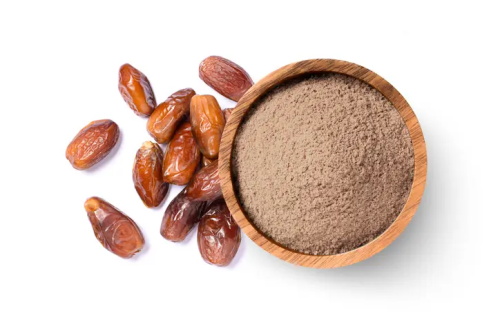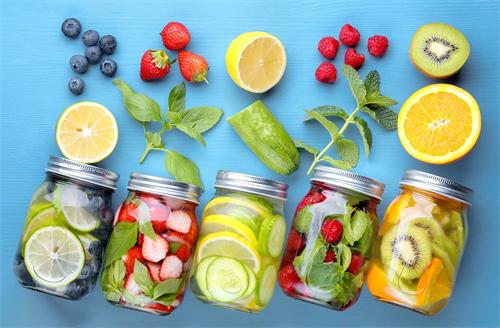Transform Your Diet with Date-Powered Sugar Replacements

Dates aren’t just nature’s candy—they’re a nutrient-packed, fiber-rich alternative to refined sugar that can help stabilize blood glucose and deliver vitamins, minerals, and antioxidants. Whether blended into paste, reduced to syrup, or ground into sugar, dates infuse recipes with natural sweetness and health benefits without spiking insulin as rapidly as granulated sugar. From baked goods and smoothies to savory marinades, date-based sweeteners marry flavor with function, making them a versatile tool for anyone seeking to upgrade their diet.
Refined sugar provides “empty” calories—high energy with virtually no nutrients—and contributes to insulin resistance, weight gain, and chronic inflammation. By contrast, dates deliver complex carbohydrates balanced with fiber, slowing sugar absorption and promoting satiety.
Nutritional Advantages of Dates
Dates are a good source of dietary fiber, providing about 6–7 g per 100 g, which supports healthy digestion and can lower cholesterol. They also supply potassium, magnesium, copper, and vitamin B6—minerals and vitamins essential for nerve function, muscle health, and red blood cell formation.
With a glycemic index (GI) around 42, dates rank low compared to table sugar (GI ~65–70), meaning they cause a slower, steadier rise in blood glucose. When portion size is considered, two Medjool dates (≈36 g carbs) yield a medium glycemic load of ~15, further tempering blood sugar spikes.
Forms of Date-Based Sweeteners
Date Paste
Made by blending pitted dates with a small amount of water, date paste retains all the fruit’s fiber and nutrients. It can replace honey or maple syrup at a ratio of about 2:3 (honey to paste) and works beautifully in muffins, bars, and sauces.
Date Syrup
Simmering dates in water and straining yields a pourable syrup. Date syrup dissolves more readily than paste, making it ideal for sweetening beverages, smoothie bowls, and dressings. Its GI remains moderate thanks to intact fibers in the reduction.
Date Sugar
Ground whole dried dates form a granulated sugar substitute. While it doesn’t dissolve fully in cold liquids, date sugar can be used 1:1 in baked goods for a rich, caramel-like flavor, and it’s considered a “whole-food” sweetener since it includes the date’s flesh and skin.
Practical Applications in Your Diet
Baking and Desserts
In cookies, cakes, and energy bars, date paste adds moisture and binds ingredients, eliminating the need for refined sugar or syrups. Try swapping half the sugar called for in a cookie recipe with date paste for added nutrients and chewiness.
Beverages and Breakfast
Stir date syrup into coffee, tea, or golden milk lattes for a subtle sweetness and antioxidant boost. Blend dates into oatmeal or smoothie bowls to balance flavors and extend satiety through the morning.
Embracing date-based sweeteners transforms the way we think about sugar—shifting from empty sweetness to nutrient-rich pleasure. By integrating date paste, syrup, or sugar into cooking and baking, you’ll enjoy a more balanced blood sugar response, extra fiber, and a wealth of vitamins and minerals, all while indulging your sweet tooth naturally.



